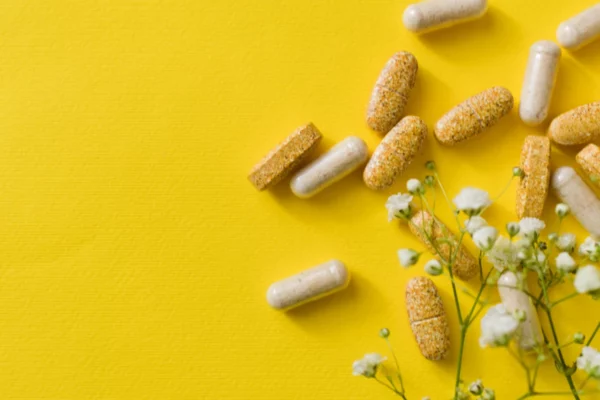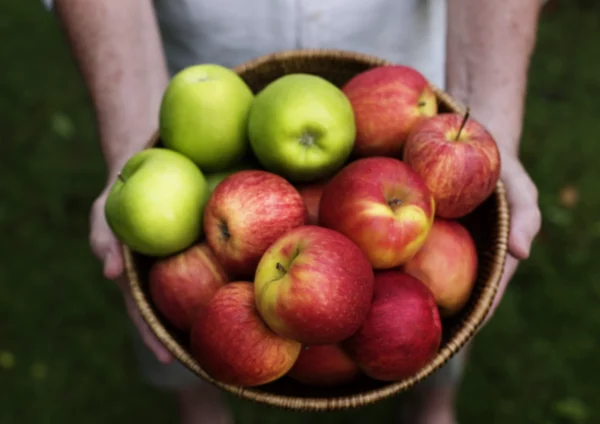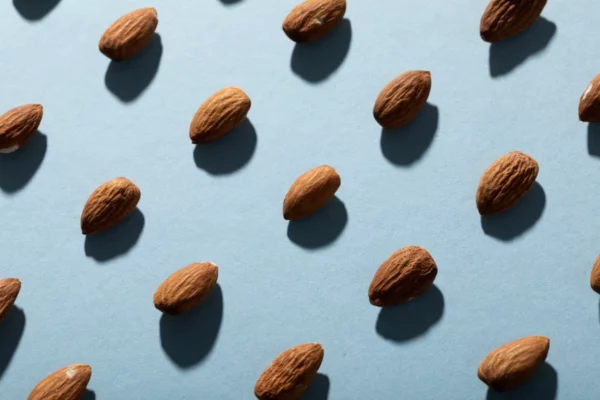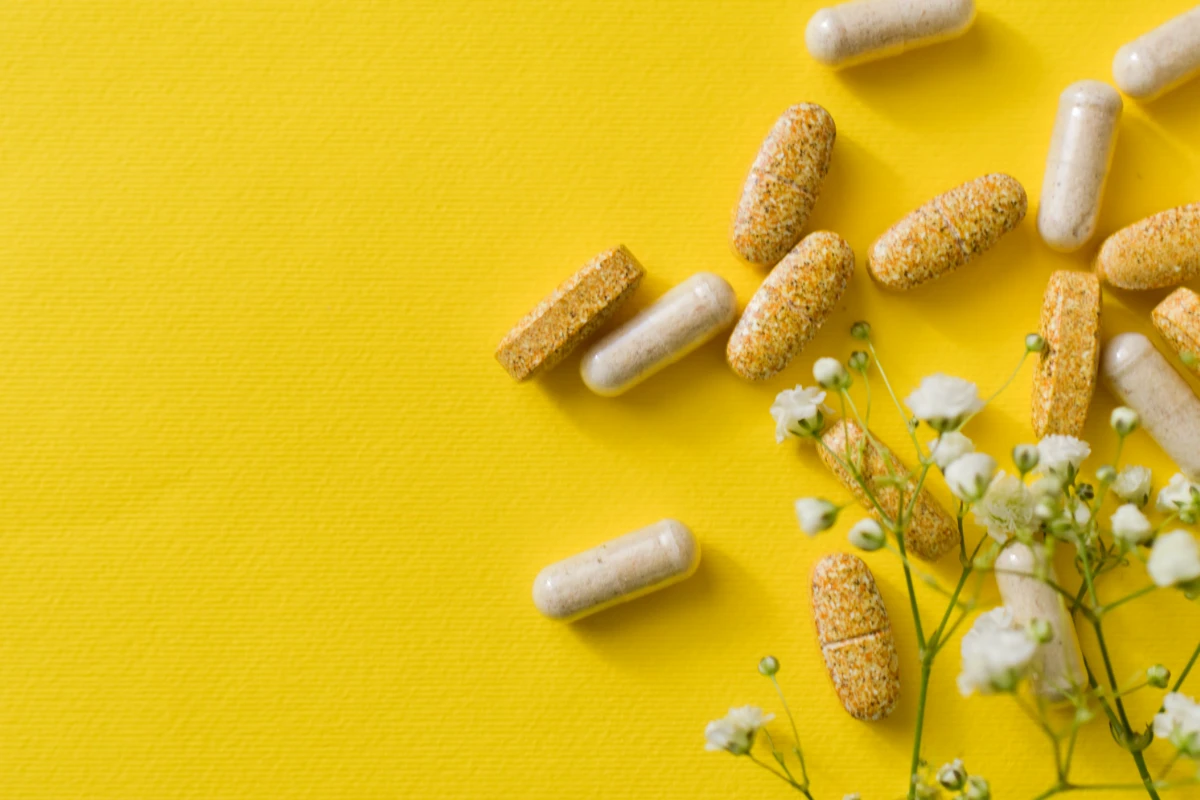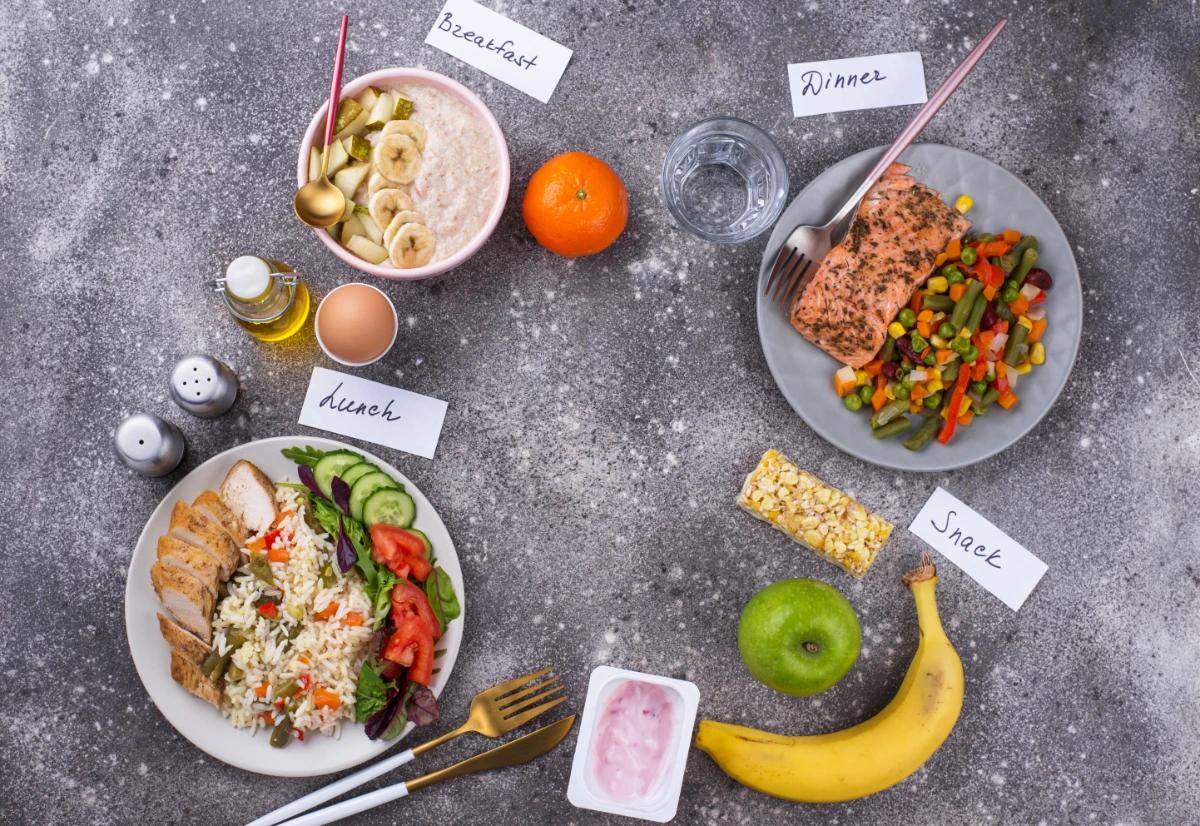Pregnancy is an incredible journey, marked by significant changes in a woman’s body and an increased need for essential nutrients. One often underestimated but vital component of a healthy pregnancy is dietary fiber. In this comprehensive guide, we’ll explore the remarkable health benefits of fiber during pregnancy, as well as the importance of other key nutrients like folic acid, vitamin C, and healthy fats. We’ll also touch on the potential pitfalls to avoid and how to incorporate these nutrients into your daily diet for a balanced and healthy pregnancy.
Fiber: A Crucial Component of Pregnancy Nutrition
Before we dive into the essential nutrients for a healthy pregnancy, let’s establish a clear understanding of dietary fiber. Dietary fiber is a type of carbohydrate primarily found in plant-based foods such as fruits, vegetables, whole grains, legumes, and nuts. It’s known for its remarkable health benefits, and it’s a fundamental part of a balanced diet during pregnancy.
The Health Benefits of Dietary Fiber:
- Digestive Health: Dietary fiber, including both soluble and insoluble fiber, promotes regular bowel movements, preventing common pregnancy-related issues like constipation.
- Blood Sugar Control: Soluble fiber slows down the absorption of sugar, helping to stabilize blood sugar levels, which is crucial for managing gestational diabetes.
- Weight Management: Fiber-rich foods provide a feeling of fullness, aiding in weight management and preventing excess weight gain during pregnancy.
- Nutrient Absorption: Fiber enhances the absorption of essential nutrients required for fetal growth, such as folic acid, iron, and calcium.
- Heart Health: Maintaining healthy cholesterol levels is crucial during pregnancy, and soluble fiber can help in this regard.
- Preventing Hemorrhoids: Fiber helps prevent or alleviate hemorrhoids, a common issue during pregnancy, by promoting soft and regular bowel movements.
- Reducing the Risk of Preeclampsia: Adequate fiber intake has been associated with a reduced risk of preeclampsia, a serious pregnancy complication.
- Morning Sickness Relief: Fiber-rich foods can help alleviate morning sickness when consumed in smaller, more frequent meals.
- Immune System Support: The vitamins, minerals, and antioxidants found in fiber-rich foods boost the immune system, ensuring both mother and baby stay healthy.
Incorporating Fiber into Your Pregnancy Diet
Here are some practical tips to help you include more fiber in your daily diet:
- Choose Whole Grains: Opt for whole grains like brown rice, whole wheat pasta, quinoa, and oatmeal, which are rich in fiber and essential nutrients.
- Load Up on Fruits and Vegetables: Aim to fill half your plate with colorful fruits and vegetables, ensuring a diverse range of nutrients and fiber sources.
- Snack Smart: Replace sugary or low-fiber snacks with healthier options like fresh fruits, nuts, or whole-grain crackers.
- Include Legumes: Beans, lentils, and chickpeas are excellent sources of both soluble and insoluble fiber. Add them to soups, salads, or stews for an extra fiber boost.
- Choose Fiber-Rich Breakfasts: Begin your day with whole-grain cereals, bran flakes, or oatmeal to kickstart your morning with fiber.
- Stay Hydrated: Fiber absorbs water in the digestive tract, so ensure you drink enough water throughout the day to aid in digestion and prevent constipation.
- Read Labels: When shopping for packaged foods, check the nutrition labels for fiber content. Opt for products with higher fiber content.
- Gradual Changes: If you’re not accustomed to a high-fiber diet, introduce fiber-rich foods gradually to allow your digestive system to adjust.
Other Essential Nutrients During Pregnancy
In addition to fiber, several other nutrients are crucial for a healthy pregnancy:
1. Folic Acid:
Folic acid is vital for preventing neural tube defects in the developing baby. It’s commonly found in leafy vegetables, legumes, and fortified breakfast cereals.
2. Vitamin C:
Vitamin C is essential for the development of the baby’s skin, bones, and connective tissues. Citrus fruits, strawberries, and bell peppers are excellent sources of vitamin C.
3. Healthy Fats:
Including healthy fats in your diet, such as those found in avocados, nuts, and olive oil, supports the baby’s brain development and overall health.
4. Vitamin D:
Vitamin D is necessary for the absorption of calcium and the development of the baby’s bones. Sunlight exposure and fortified dairy products are good sources.
5. Iron:
Iron is crucial for preventing iron deficiency anemia in both the mother and the baby. Lean meats, leafy greens, and fortified cereals are rich in iron.
6. B Vitamins:
B vitamins, including B6 and B12, play essential roles in the development of the baby’s nervous system. Include poultry, fish, dairy products, and fortified breakfast cereals in your diet.
7. Healthy Food Groups:
A balanced diet should include foods from all food groups: fruits, vegetables, whole grains, lean proteins, and dairy or dairy alternatives.
Potential Pitfalls to Avoid:
- Excess Weight Gain: While pregnancy requires additional calories, excessive weight gain can lead to complications. Monitor your weight gain and consult your healthcare provider.
- Cardiovascular Disease: Maintain heart health by limiting saturated and trans fats, found in many processed and fried foods.
- Large Intestine Health: High-fiber foods contribute to a healthy gut microbiota, supporting overall health.
- Excess Sugar: Sugary drinks should be limited, as excess sugar can lead to gestational diabetes.
- Balanced Diet: Strive for a well-rounded, balanced diet to ensure you get all the essential nutrients.
The Importance of Adequate Nutrients in Each Trimester
It’s crucial to focus on nutrition throughout your pregnancy journey. In the first trimester, when fetal organs are forming and morning sickness may occur, maintaining a balanced diet and taking prenatal vitamins can help meet nutrient requirements.
The second trimester is a time of rapid growth, making proper nutrition even more critical. During the third trimester, when the baby is gaining weight, focus on getting enough nutrients for both you and your baby.
Best Fiber Supplements
While obtaining nutrients from whole foods is ideal, some may find it challenging to meet their fiber needs through diet alone. In such cases, fiber supplements can be considered, but it’s essential to consult with your healthcare provider for guidance on the best options.
Conclusion
Incorporating fiber and essential nutrients into your pregnancy diet is a straightforward and effective way to support a healthy pregnancy. From preventing digestive issues to ensuring proper fetal development, these nutrients play a crucial role in the well-being of both the mother and the baby. Always consult with your healthcare provider for personalized guidance on your pregnancy nutrition journey.

